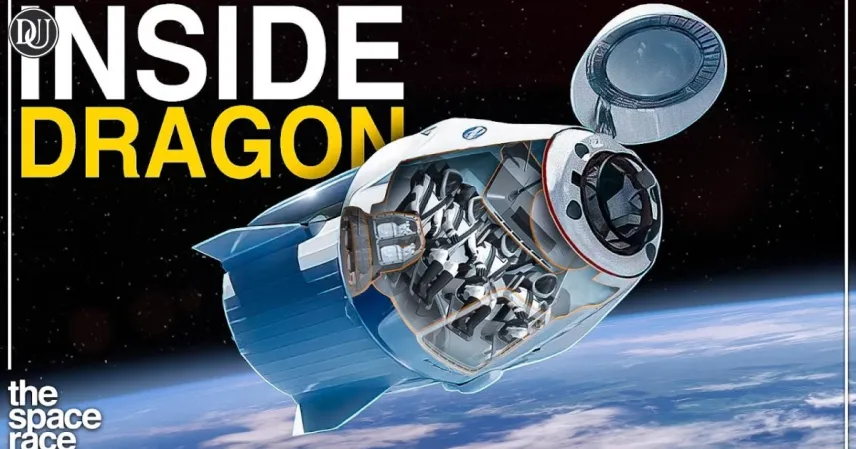A high-stakes drama is unfolding between two of the most influential figures on the planet: tech titan Elon Musk and President Donald Trump. What started as a war of words has escalated into a direct threat to critical space infrastructure, with Musk announcing the potential decommissioning of SpaceX’s integral dragon spacecraft. This isn't just a political squabble; it has far-reaching implications for government spending, technological innovation, and humanity's reach into the cosmos.
The Genesis of the Feud
The latest chapter in the tumultuous relationship between Musk and Trump began with a financial provocation. Donald Trump, known for his direct and often provocative statements, suggested a seemingly simple solution to trim billions from the US budget: terminate Elon Musk's various governmental subsidies and contracts. For a figure like Musk, whose companies heavily rely on public-private partnerships for projects like NASA resupply missions and satellite launches, this was a direct hit at the core of his business model.
Musk’s retort was swift and sharp, pulling no punches. He publicly slammed Trump’s sweeping tax and spending bill, labeling it a "disgusting abomination." The criticism didn't stop there. Musk also brought up the contentious "Epstein files," alleging Trump's involvement, a move that significantly raised the stakes of their personal and public disagreement. This exchange quickly transformed from a mere policy debate into a deeply personal and antagonistic rivalry, attracting global attention and sparking intense speculation.
SpaceX's Dragon Spacecraft: A Critical Asset in the Crosshairs
At the heart of this dramatic confrontation lies the dragon spacecraft. This remarkable piece of engineering has been a workhorse for NASA and other international partners, pivotal in ferrying both cargo and astronauts to and from the International Space Station. Its reliability and cost-effectiveness have been key to bolstering America's independent human spaceflight capabilities after the retirement of the Space Shuttle program. The threat of its decommissioning is not merely a symbolic gesture; it could significantly disrupt ongoing missions, future plans, and even the geopolitical landscape of space exploration.
Musk’s announcement that SpaceX would begin decommissioning its dragon spacecraft immediately, in direct retaliation to Trump's comments, sent shockwaves through the aerospace industry. Such a move would be a colossal undertaking, requiring immense resources to safely dismantle complex systems and potentially reassign personnel. The implications extend beyond just one piece of hardware; it signals a potential withdrawal of SpaceX's broader commitment to government contracts, forcing agencies like NASA to re-evaluate their reliance on commercial partners. The dragon spacecraft is more than just hardware; it's a symbol of commercial space success.
Broader Implications and the Road Ahead
The escalating tension between these two powerful individuals highlights a growing trend of intersection between big business, politics, and public perception. Government contracts, especially in high-tech and strategically important sectors like space, are often seen as mutually beneficial, fostering innovation while serving national interests. A breakdown in trust or a direct threat to these partnerships can have cascading effects on national security, economic stability, and scientific progress.
If the decommissioning of the dragon spacecraft were to proceed, the ripple effects would be felt across various sectors. Not only would it impact NASA's logistics, but it could also influence investor confidence in companies heavily dependent on government funding. Furthermore, it raises questions about the long-term stability of public-private partnerships in areas critical for national advancement.
The ongoing saga serves as a stark reminder of the volatile nature of power dynamics in the modern era. As the world watches, the fate of the dragon spacecraft, and indeed the future of key aspects of space exploration, hangs in the balance, caught in the crossfire of an unprecedented billionaire battle










